“The
Gulfstream jet, loaded with two tons of Colombian cocaine, careened over dense Yucatan jungle as Layla stared out the compact window, horrified.
If they weren’t running on empty and destined to crash, it might have looked
lush to her, even beautiful.
Without
fuel, the engines starved into silence, she heard only the whooshing sound of
the aluminum plane as it cruised over mangrove swamps and fast-approaching
mahogany trees. All thoughts of her hasty departure from Guatemala to escape Don Guillermo’s wrath had vanished along with
any hopes of safely landing in Cancun. They were
going down.”
Jeanine Kitchel, a former
journalist, escaped her hectic nine-to-five life in San
Francisco, bought land, and built a house in a fishing
village on the Mexican Caribbean coast. Shortly after settling in she opened a
bookstore. By this time she had become a serious Mayaphile and her love of the
Maya culture led her and her husband to nearby pyramid sites throughout southern
Mexico and
farther away to sites in Central America. In the
bookstore she entertained a steady stream of customers with their own Maya
tales to tell—from archeologists and explorers to tour guides and local
experts. At the request of a publisher friend, she began writing travel
articles about her adopted homeland for websites and newspapers. Her travel
memoir, Where the Sky is Born: Living in the Land of the Maya, and Maya
2012 Revealed: Demystifying the Prophecy, are available on Amazon. She has
since branched into writing fiction and her debut novel, Wheels
Up—A Novel of Drugs, Cartels and Survival, launched May 2018.
Book
Description:
Layla
always wanted to run the family business. But is she willing to kill for it?
When her
notorious drug lord uncle is recaptured, Layla Navarro catapults to the top of Mexico’s most powerful cartel. Groomed as his successor, Layla
knows where the bodies are buried. But not all the enemies. She strikes her
first deal to prove her mettle by accepting an offer to move two tons of
cocaine from Colombia to Cancun by jet. Things go sideways during a stopover in Guatemala whe Layla unexpectedly uncovers a human trafficking ring.
Plagued by self-doubt, she must fight off gangsters, outsmart corrupt
officials, and navigate the minefield of Mexican machismo. Even worse, she
realizes she’s become a target for every rival cartel seeking to undermine her
new standing. From her lush base in the tropics, she’s determined to retain her
dominant position in Mexico’s criminal world. If she can stay alive.
Interview
Welcome, Jeanine! Your
book, Wheels
Up—A Novel of Drugs, Cartels and Survival sounds thrilling! Can you tell
us why you wrote it?
Jeanine: Thank you. I've always loved Mexico. It was my home for 15 years and I guess it's just
ingrained in me to write about it. Wheels Up, of course, is
fiction, but as a former journalist, my first two books were non-fiction, and
I've written for a number of newspapers and websites, about Mexico, the
Maya and the Yucatán. Being there gave me an insider's insight into the
country's multi-faceted culture as well as a closer look at the creeping
dominance of the cartels and their effect on that society and how the average
person trying to live a normal life copes, or doesn't.
Your protagonist, Layla,
sounds like a powerful woman. Can you tell us more about her?
Jeanine: Sure. Layla Navarro
is the niece of El Patrón of the Culiacan Cartel, the most powerful drug lord
in Mexico. When her uncle is recaptured after eluding the law for 11 years,
Layla's catapulted to top spot while he's in prison, waiting to see if the US
will extradite him for international crimes. As cartel accountant, she's
been groomed as her uncle's successor; she knows where the bodies are buried,
but not all the enemies. Her older brother who was next in line died in an
ambush, and now it's up to Layla to carry on. In Mexico, it's all about family
and dynasty. She's competent just by her DNA and can be ruthless if necessary,
but lacks "on the job" experience.
Even though Layla ends up at
the top of Mexico’s most powerful cartel after her uncle dies, what makes
us want to be on her side? Or do we?
Jeanine: Actually, her uncle
doesn't die, he's recaptured and imprisoned. In any other country this is like
a death, but in Mexico, drug lords rule even from behind bars. Initially
Patrón's calling the shots and still schooling her. She visits him
frequently at the prison. What makes Layla real is that, as a woman in Mexico,
she's coming from a position of no power. In Mexico, machismo rules. She's an
underdog but with a fancy title. Her associates play her and test her. We end
up liking her because she's nuanced and strong, she's for family (or what's
left of it) all the way. And with one of the novel's twists, she's forced
to take a daring stand against one of her uncle's unsavory associates. She's tough
and learns on the fly, has her own set of demons. At times, she's plagued by
self doubt and appears unconfident and vulnerable.
Can you tell us a little about
the other main characters?
Jeanine: Clay Lasalle is
a Canadian pot grower extraordinaire who's branched out from the pot trade and
into running cocaine. He's leader of his own gang in Canada, the Rainbow Tribe,
and is into martial arts and Buddhism. He offers Layla a deal to move two
tons of cocaine from Colombia to Cancun which she accepts. Layla's bodyguard, Carlos,
is also her lover. He's a moody, handsome hulk of a man, and their impulsive
relationship plays out best in the bedroom; they're basically stuck with each
other. Donavon, a Vietnam vet, pilots the jet that transports the
contraband from Colombia. He's cocky and worldly wise. El Zoyo is
Patrón's first lieutenant and childhood friend. He ran the cartel during El
Patrón's first prison sentence, before he escaped. Zoyo is controlling and not
exactly happy that Layla is now stepping into the picture. Don
Guillermo runs Culiacan Cartel operations in Guatemala and has a lurid
secret.
They say all books of fiction
have at least one pivotal point where the reader just can’t put the book down.
What is one of the pivotal points in your book?
Jeanine: During the Colombia
to Cancun coke deal, it becomes evident Layla must meet Clay in Guatemala to
grease the inroads to Cancun. Layla unexpectedly uncovers Don Guillermo's
secret and the fallout from this leads to a fast and furious escape from Guatemala
at dawn, with fuel hovering on empty. The plane crashes in the Yucatán jungle
and the survivors must trek out or die. I think this is one of the book's
pivotal points.
You actually lived on the
coast of Mexico. How did this factor into the writing of your book being a
local? Do you hear of much drug trafficking going on and what
is Mexico doing about it?
Jeanine: Living in Mexico full
time gives one incredible insight into how that society works. I speak and read
Spanish and the local newspapers tell the news that doesn't make it into
the international papers. I read that Dostoyevsky would pull articles from
newspapers to use as "prompts" for his novels. Not a bad idea. When
we first moved to Mexico, we hired an attorney to assist in various aspects of
going through the immigration process. She told us at the time, late 90s,
that people feared the Russian mafia was making a move on Cancun because as
Mexico's most popular tourist resort, it was an attractive cash cow. That fear
fell aside when the cartels started to claim territory. Cancun, however—because
of its powerful draw as a tourist destination—has escaped the problems that
exist in many border cities, and the states of Guerrero, Michoacán,
and Tamaulipas. Those in power, both legally and illegally, realize the
need to keep top notch resort cities like Cancun, Baja, Puerto Vallarta and the
Yucatán with its amazing pyramids, free of problems. Corruption is
actually Mexico's main problem, and that is difficult to reverse. Mexico
is struggling with it, and that is part of the basis of my book.
Tell us about the bookstore
you opened in Mexico!
Jeanine: We built our house in
a fishing village, Puerto Morelos, on the Mexican Caribbean coast. It's just 30
miles south of Cancun, but lightyears away in everything else. When we bought
land there in 1989, a class 5 hurricane had devastated our little pueblo,
and absolutely no one wanted to live there. Except us. We bought beachfront
land a mile out of town and with the skills of an American expat contractor, we
built our house, Casa Maya. We rented it as a tourist rental until we could
afford to move lock, stock and barrel (with our cat) to Mexico. I'm an avid
reader and the more we traveled back and forth, the more friends we
accumulated, readers all. I found myself schlepping suitcases of used books to
Mexico. So an idea was born. Paul, my husband, and I decided to open a
bookstore. We began the process 3 years in advance, rented a shop on the main
"plaza" which was hardly a plaza at all. (Rent was $70 USD a month).
And we collected used books in the US from estate sales, library and garage
sales, eventually outgrowing our garage and spare bedroom
and moving them to a nearby storage warehouse. When we moved
south, we had the carpenter who'd made our windows and closets for the house
build floor to ceiling red cedar bookshelves (they were beautiful). Our
contractor said no one reads here— remember, Puerto Morelos was not even a
blip on the map, so I decided I'd be open 3 days a week, maybe 5 hours a day with
a siesta in between. There was an uproar when people heard our reduced hours.
They wanted us open all the time! There were only 6 other bookstores in
the entire state of Quintana Roo and we were the only English
language bookstore. A star was born! Alma Libre Libros. We kept prices low,
gave discounts to teachers and the military, had a darling children's reading
room, and it was buy-sell-trade. People loved it. It was great fun and I met a
ton of interesting characters along the way. Great fodder for an author's mind.
Lots of stories still to tell.
Do you have other books you’d
like to tell us about?
Jeanine: Thank you for asking.
My first book, Where the Sky is Born: Living in the Land
of the Maya, is a travel memoir and details how we bought land and built a
house in Puerto Morelos. My second book, Maya 2012 Revealed: Demystifying
the Prophecy, explains the Maya calendar phenomenon.
Wheels Up is a trilogy and
the second in the series, Layla's Law, should be out end
of 2019.
What's next for you?
Jeanine: As mentioned, Wheels
Up is a trilogy, so writing Layla's Law is
front and center stage now. With travel in between of course!































































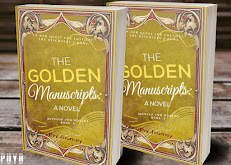






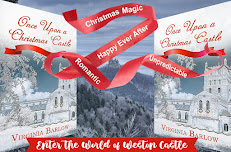
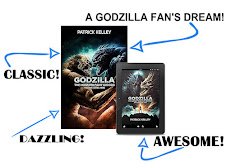






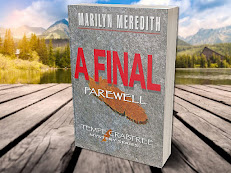



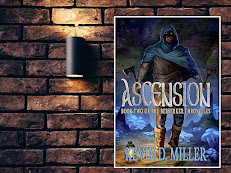

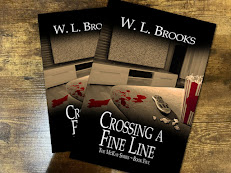



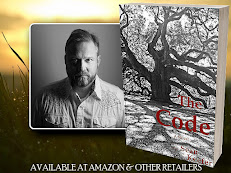

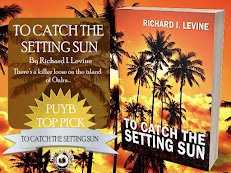

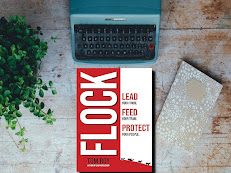
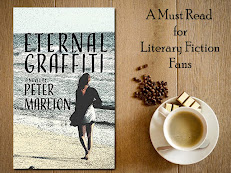
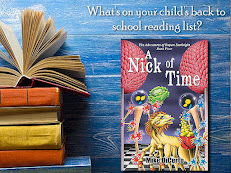

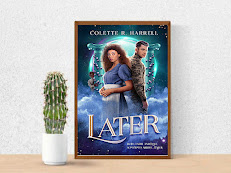


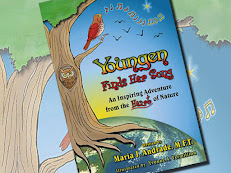






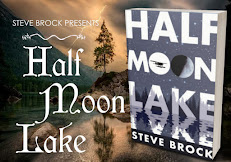










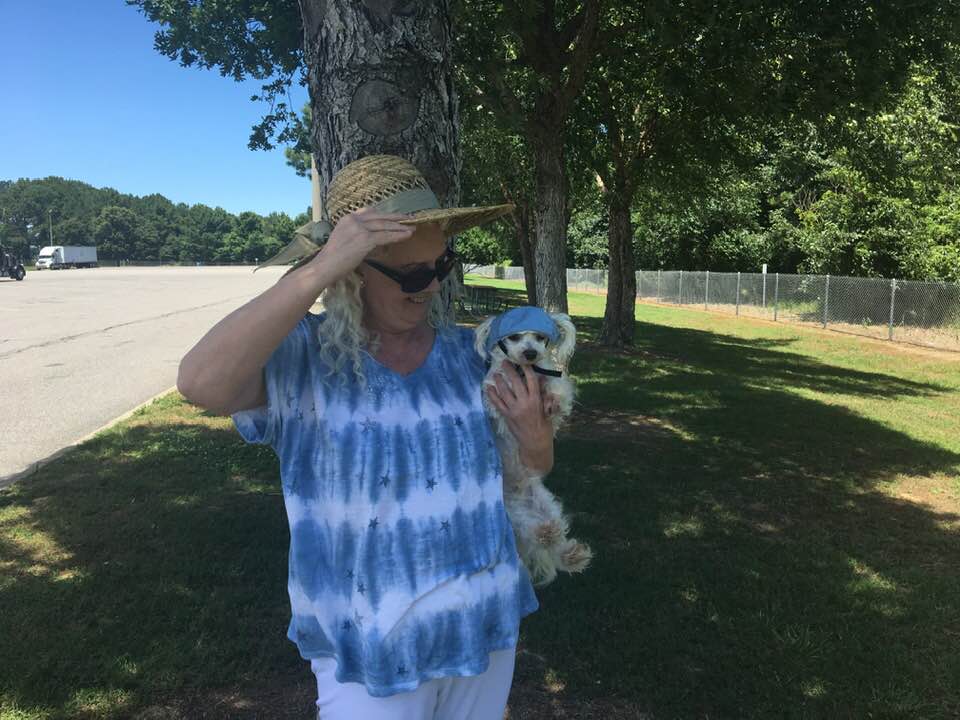
No comments:
Post a Comment
Thank you for your message!